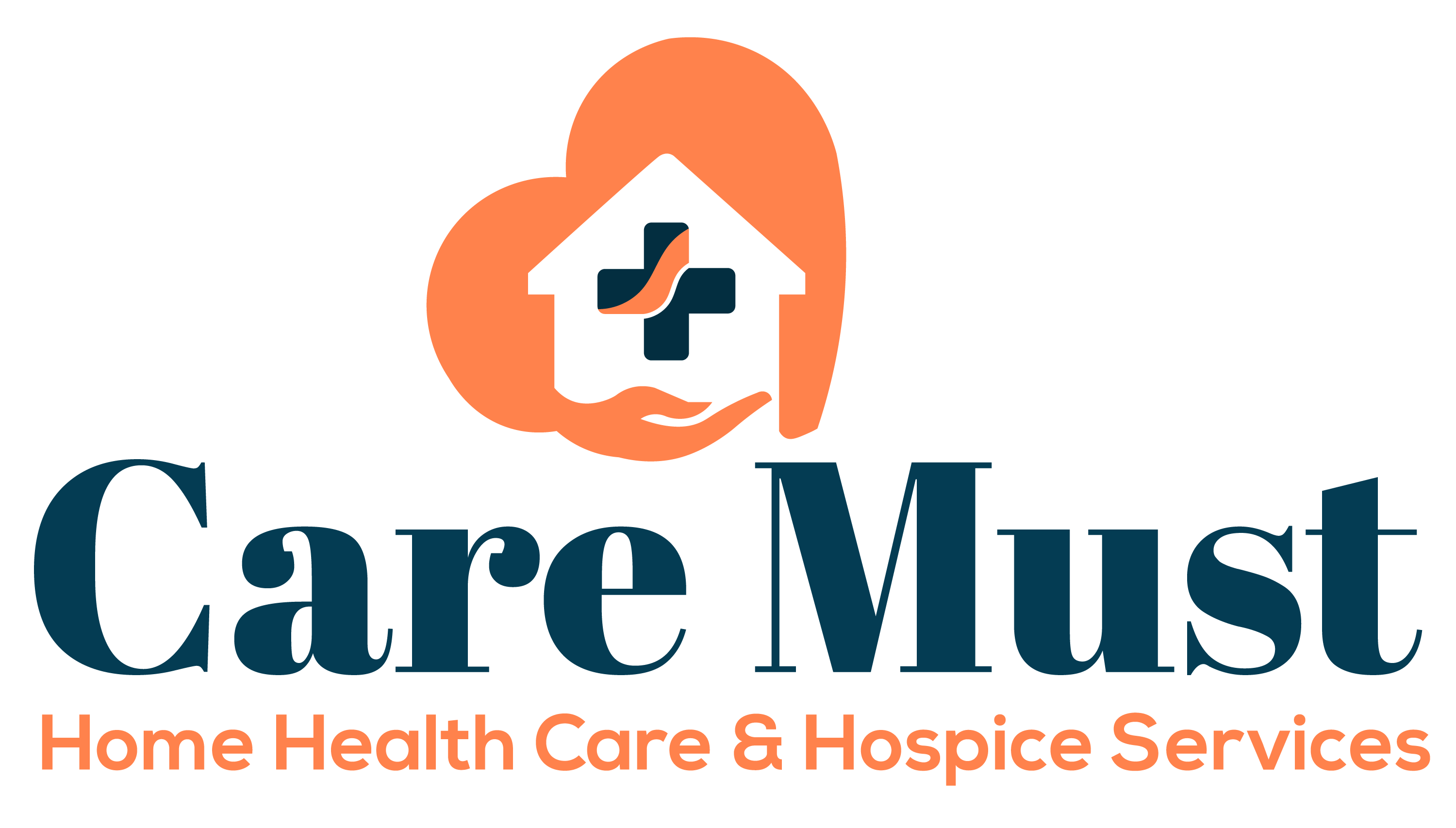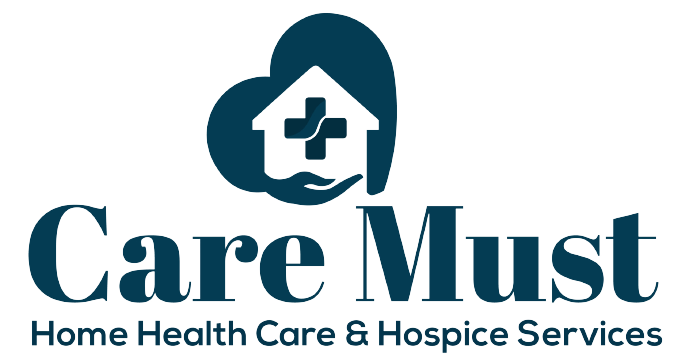Speciality Programs
- HOME
- SPECIALITY PROGRAMS
ALZHEIMER'S & DEMENTIA CARE
Alzheimer’s disease is a chronic disease that degrades memories and other essential mental processes and is the most prevalent cause of dementia. Dementia is not a particular illness. Instead, dementia identifies a collection of conditions affecting intellectual and cognitive skills that are severe enough to interfere with daily life.
Our dementia caregivers undergo regular support to deal with Alzheimer’s and Dementia cases. People with Alzheimer’s Disease cannot control what’s going on with them. We are continuing to find new ways to provide companionship and communicate with a person suffering from Alzheimer’s.
Mental, social, and physical activities help maintain the health and well-being of an individual. Our caregivers engage individuals in mind-stimulating tasks, including cycling, singing, reading, chatting, sharing stories, and creating puzzles.
Our dementia caregivers undergo regular support to deal with Alzheimer’s and Dementia cases. People with Alzheimer’s Disease cannot control what’s going on with them. We are continuing to find new ways to provide companionship and communicate with a person suffering from Alzheimer’s.
Mental, social, and physical activities help maintain the health and well-being of an individual. Our caregivers engage individuals in mind-stimulating tasks, including cycling, singing, reading, chatting, sharing stories, and creating puzzles.
CARE FOR CANCER
Compassion and support. These are the two things that cancer patients tell us they like most. However, it is not just the beneficiary of treatment who needs support. Family members also seek care provides companionship and respite in order to preserve their wellbeing. Your care providers and nurses have this continuous assistance by offering:
• Emergency assistance
• Preparation of special diets and healthy foods
• Transportation to regular visits with doctors and therapies
• Waiting with clients during chemotherapy treatments
• Get outside and enjoy the park
• Indoor and outdoor fitness aid where possible
• Answer for a partner who wants occasional treatment breaks
• Emergency assistance
• Preparation of special diets and healthy foods
• Transportation to regular visits with doctors and therapies
• Waiting with clients during chemotherapy treatments
• Get outside and enjoy the park
• Indoor and outdoor fitness aid where possible
• Answer for a partner who wants occasional treatment breaks
POST STROKE CARE
The transition home after a stroke can be traumatic.
Capabilities have declined, often very significantly, so that considerable assistance is required. Our mission is to help our clients recover as much of these skills as possible.
Capabilities have declined, often very significantly, so that considerable assistance is required. Our mission is to help our clients recover as much of these skills as possible.
PARKINSON'S CARE
Parkinson’s is a complex disease that affects each patient differently. Effectively caring for Parkinson’s clients also needs a multi-disciplinary approach, including health treatment, companionship, drug control, physical therapy, and exercise.
LGBTQ
Although many LGBT seniors have become outspoken and articulate about their orientation, being placed in the custody of people who may not be accessible to—or trained in dealing with—the LGBT culture puts them at greater risk of bigotry, alienation, and violence.
Home is also the only place where LGBT people feel relaxed and homecare is the best solution for them.
The difficulty to seeking professional, caring, non-discriminatory treatment is to locate providers and organizations with the right mindset to care about those of a different sexual identity.
“LGBT seniors have had to deal with home care providers and caregivers that have rejected, made, violated, or attempted to transform under-standard services—an insensitive and dangerous behavior. They are less likely to report harassment to law enforcement authorities or adult welfare agencies because they risk being “extinguished” by their caregivers.
Via Home Treatment
• Have training for staff about how to communicate with the LGBT community, including cultural competencies.
• Provide seniors with the ability to claim their sexual identity on their applications.
• Include “gender identification or language” (or “gender identity”) and “sexual orientation” as protected identities, in addition to other federally protected classes, in non-discrimination laws.
Home is also the only place where LGBT people feel relaxed and homecare is the best solution for them.
The difficulty to seeking professional, caring, non-discriminatory treatment is to locate providers and organizations with the right mindset to care about those of a different sexual identity.
“LGBT seniors have had to deal with home care providers and caregivers that have rejected, made, violated, or attempted to transform under-standard services—an insensitive and dangerous behavior. They are less likely to report harassment to law enforcement authorities or adult welfare agencies because they risk being “extinguished” by their caregivers.
Via Home Treatment
• Have training for staff about how to communicate with the LGBT community, including cultural competencies.
• Provide seniors with the ability to claim their sexual identity on their applications.
• Include “gender identification or language” (or “gender identity”) and “sexual orientation” as protected identities, in addition to other federally protected classes, in non-discrimination laws.

